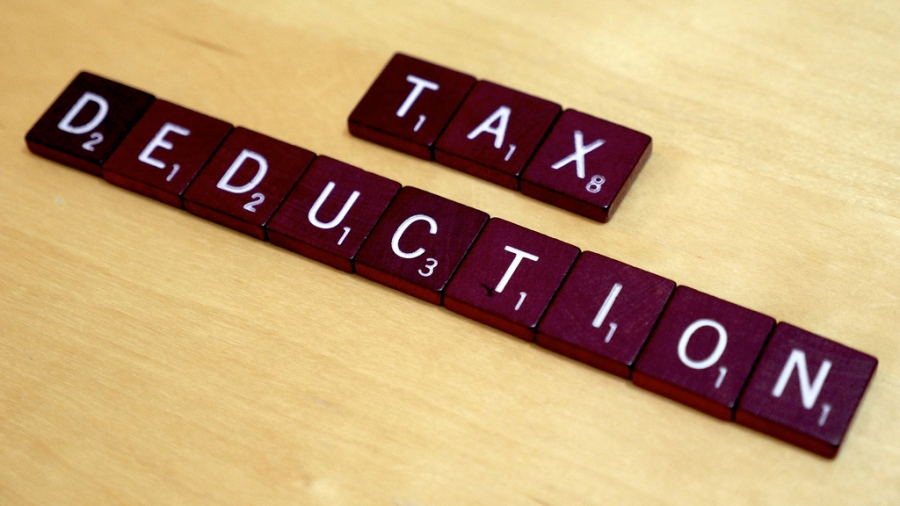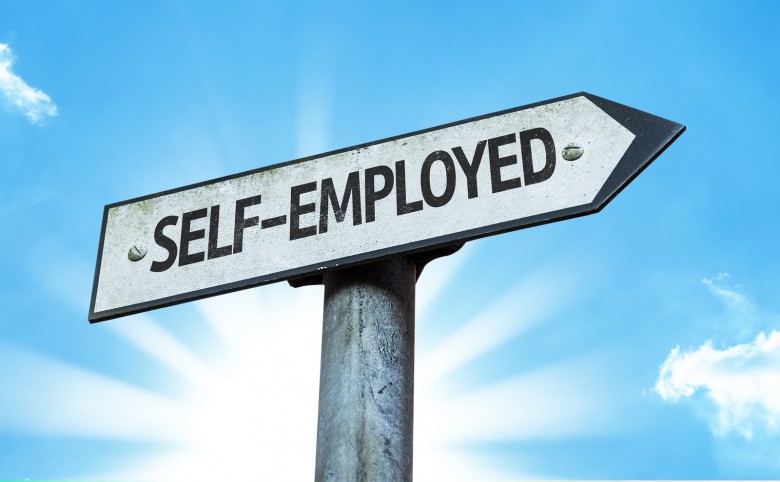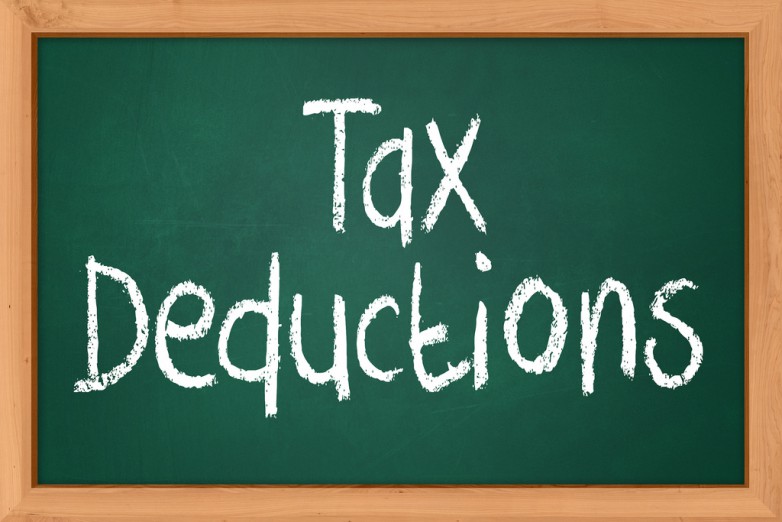It is the question every Calgary small business owner asks me: What can I deduct from my taxes?
There are an incredible amount of things that can be deducted but there are so many variables that can determine if you are eligible to deduct those items. For example, these factors will certainly affect your eligibility: your location, how much you make, children, personal status, type of business, where you do business, are you incorporated, do you work from home, do you have children, employees, other employment, commissions, employment insurance, capital gains, etc., etc. – and there are many etc’s.
19 most popular Tax Deductions in Calgary:
- Equivalent-to-Spouse Credit
- Charitable Donations
- Safety Deposit Boxes at the Bank
- Childcare Expenses
- Medical Expenses
- Your First Home
- Dividend Income
- Disability Credits
- Personal Income Credit
- Carrying Charges
- Moving Expenses
- Self-employment Expenses
- Kids Activity Expenses
- Political Donations
- Transit Pass Receipts
- RRSP Contributions
- Office in-home Expenses
- Professional or union-dues
- Interest Paid on Student Loans
Continue reading “19 Most Popular Tax Deductions in Calgary”




